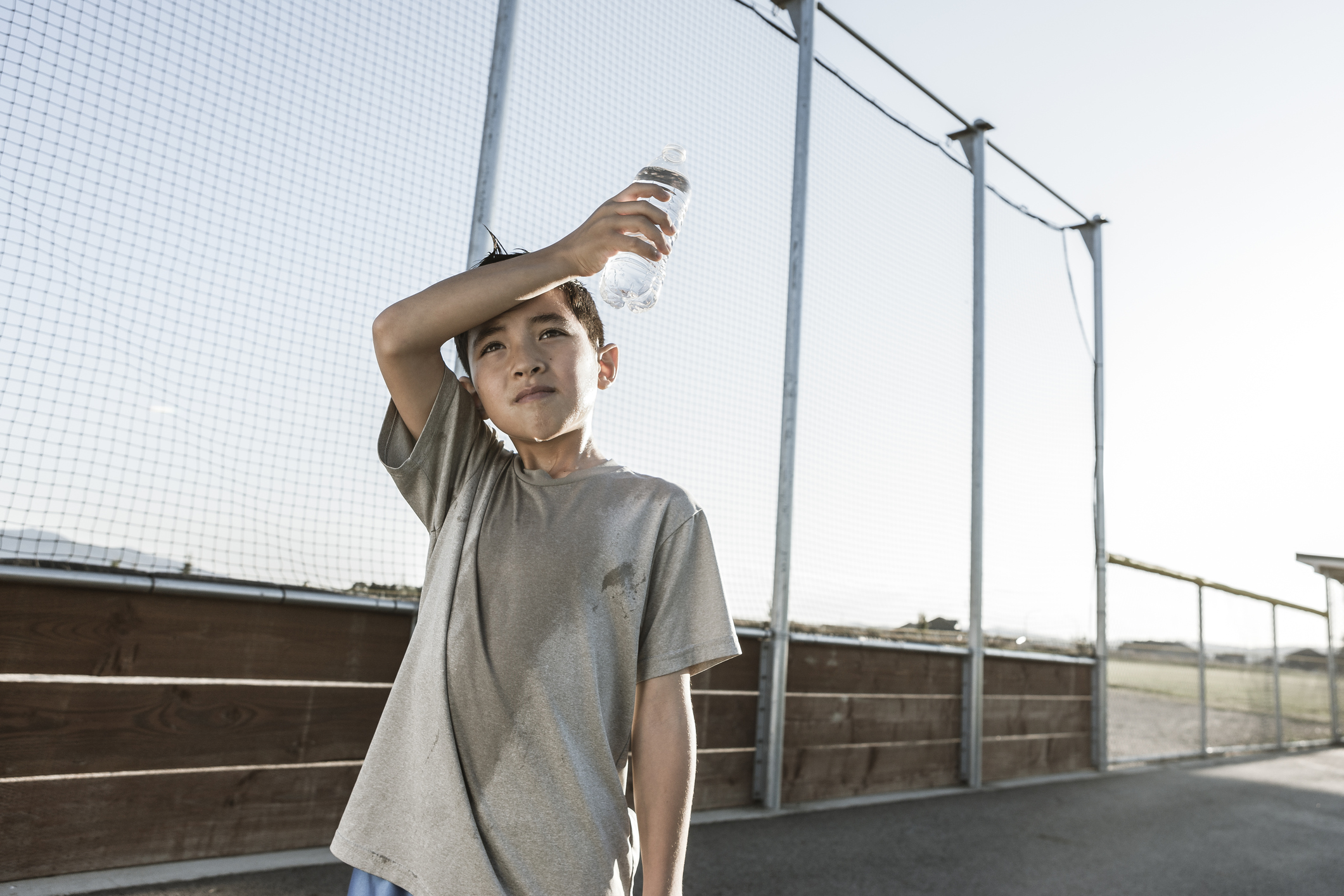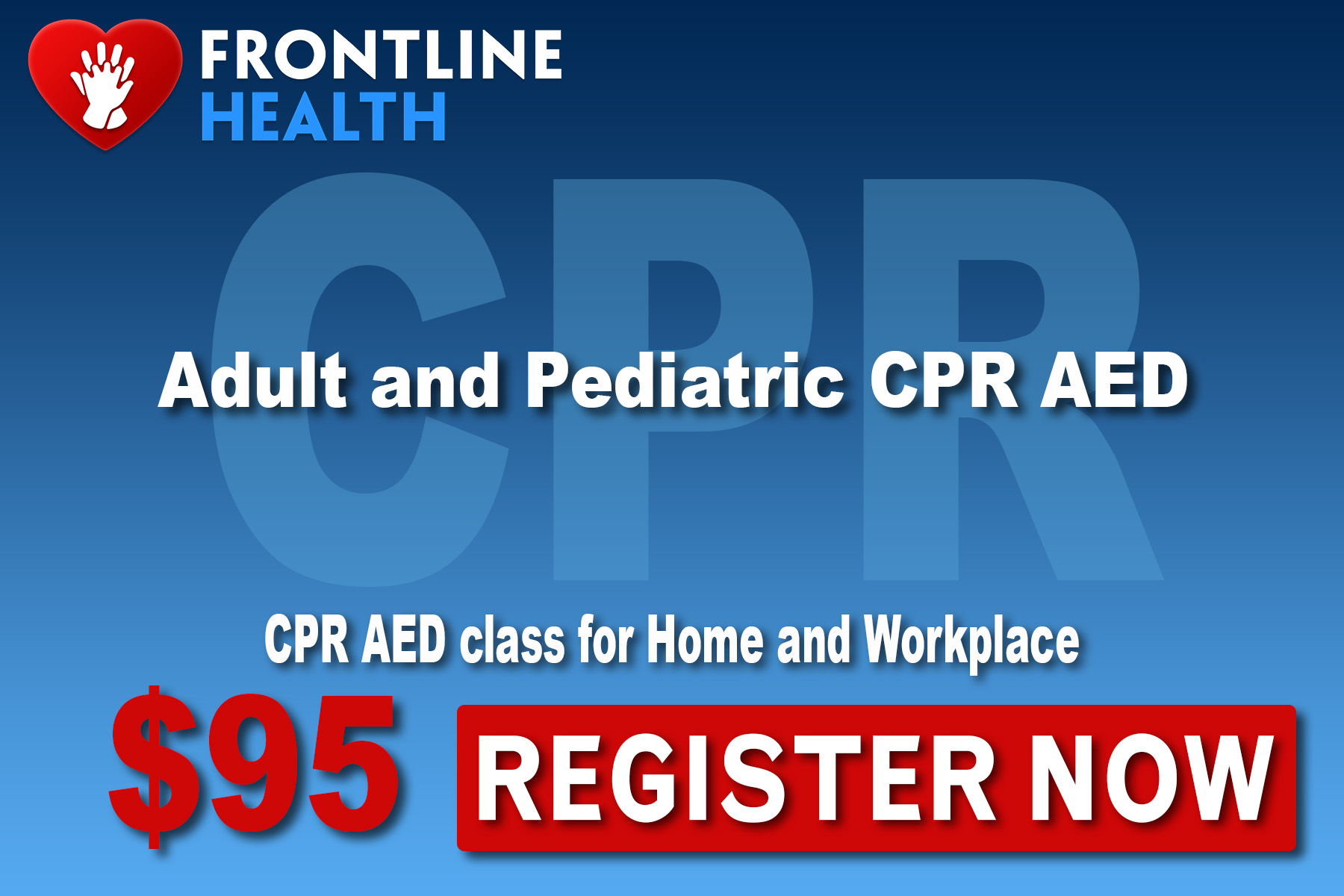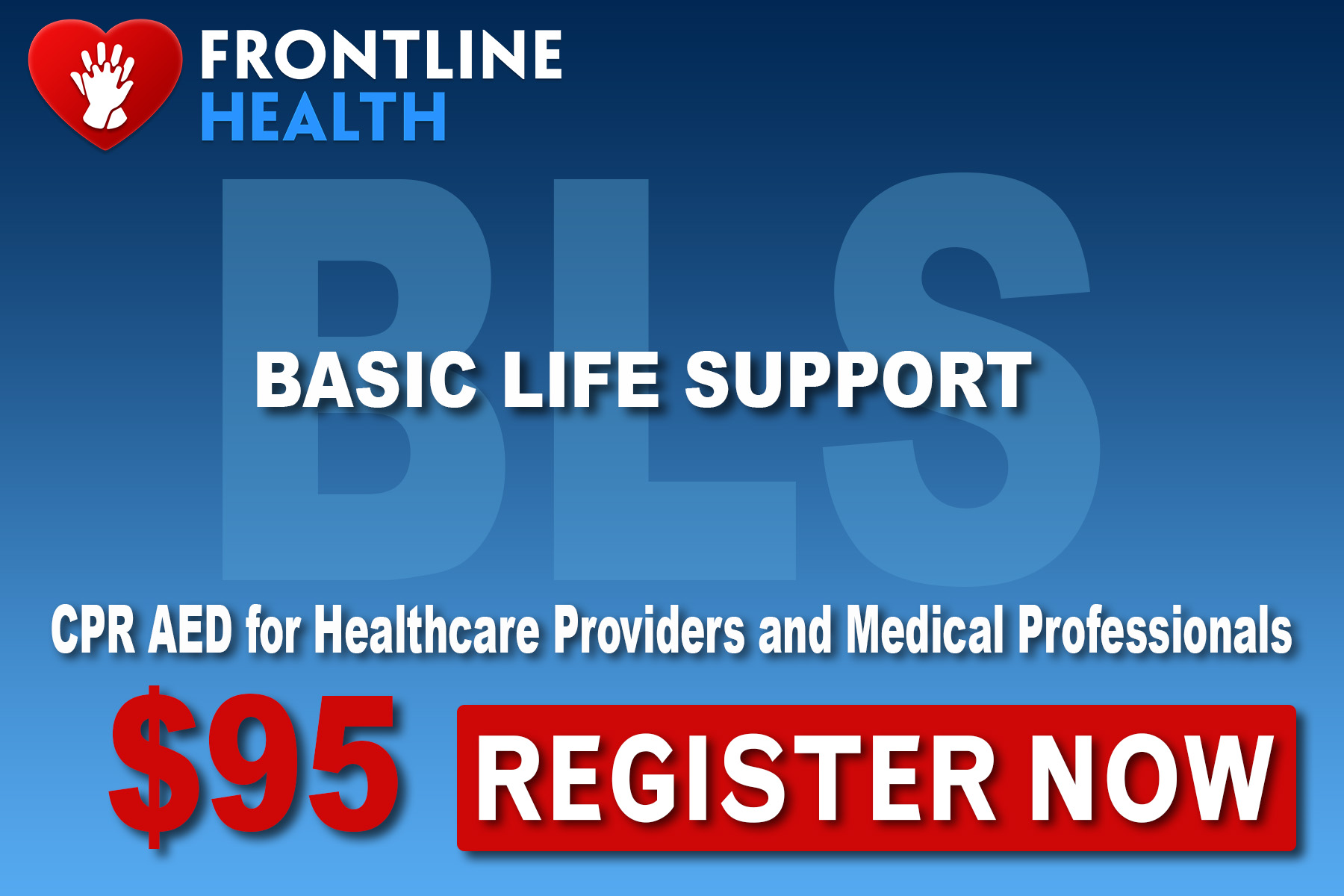Beat the Heat! How to Help Someone Suffering from a Heat Emergency
- Aug 09, 2018
It's a sweltering hot summer day. You're walking on the white-hot sidewalk, sweat pouring down your face, when you suddenly notice a jogger hunched over on the ground. You approach her and notice that she's drenched in sweat -- her eyes are half-closed and she's mumbling incoherently. This is a serious medical emergency.
Heat emergencies occur when a person's body overheats from hot temperatures and dehydration. It is critical to identify early signs of a heat emergency because without early treatment, symptoms can worsen and become life-threatening. Your quick actions could save a life.
There are 3 types of heat emergencies in order from least-to-most severe:
Heat Cramps
Heat Exhaustion
Heat Stroke
1) Heat Cramps - An early sign that the body is having trouble with heat.
- Signs: painful muscular spasms, usually in the legs or abdomen; often heavy sweating; the patient is awake and in a lot of pain.
- Treatment:
- Move the person to a shady or cool spot.
- If the person is awake and able to swallow, give him slow sips of a drink containing electrolytes and carbohydrates (a commercial sports drink, coconut water or milk), or regular water.
- Gently stretch the muscle and massage the area to relieve the cramps.
- If the person becomes confused or unconscious, call 9-1-1.
2) Heat Exhaustion - More serious and can become deadly if left untreated.
- Signs: cool, moist skin; headache; dizziness; weakness; nausea.
- Treatment:
- Move the person to a shady or cool spot.
- Remove excess clothing.
- Spray the person with cool water or apply cool wet cloths, and fan him.
- If the person is awake and able to swallow, give him slow sips of a drink containing electrolytes and carbohydrates (a commercial sports drink, coconut water or milk), or regular water. Don't let the person drink too quickly.
- If the person becomes confused or unconscious, call 9-1-1.
3) Heat Stroke - A life threatening emergency.
- Signs: changed mental status (i.e. confusion, unresponsiveness, seizures); hot skin; vomiting; rapid breathing; difficulty seeing.
- Treatment:
- Call or have someone else call 9-1-1.
- Move the patient to a cool area, if possible.
- Rapidly cool the body using ice or cold water. Consider submerging the patient in a cool bath, or place ice cold compresses on the neck, armpits and groin. Do not pour water onto the head or face.
- Continue rapidly cooling the person for 20 minutes or until the person can respond to questions.
- Do not give the person anything to drink if they are not awake or cannot swallow.
- If the person starts vomiting, roll them on their side to prevent them from choking.
- If necessary, begin CPR.
Learn to Save a Life! Take a First Aid CPR AED Course Today!




